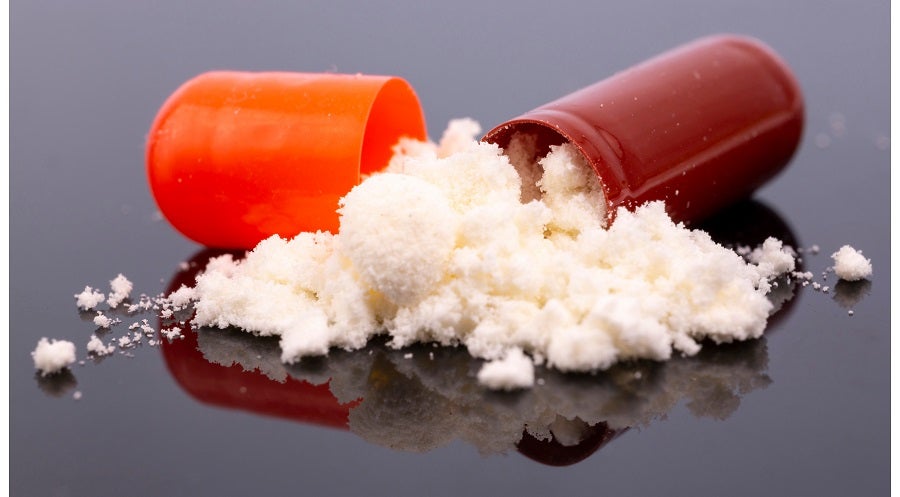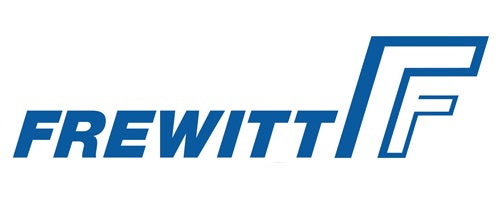
Research by GlobalData (Contract Small Molecule API Manufacturing Industry by the Numbers – 2021 Edition) shows that containment facilities are in high demand as the use of cytotoxic drugs continues to grow. The same research also shows that all the top small molecule API contract manufacturing organisations (CMOs) increased the number of containment facilities they owned between 2019 and 2021, while at the same time, many companies decreased non-containment, small molecule manufacturing.
This suggests a move towards high-value specialised manufacturing. Currently, in terms of geographic distribution of small molecule API manufacturing facilities, China has the largest number, followed by India and then the US, with most APIs in US-marketed drugs coming from China and India.
What is driving the surge in demand for APIs?
Current demand for API’s is down to several factors, says Georg Bertram, business development manager for turnkey solutions at expert milling solutions company Frewitt. According to Bertram, current insecurities in the supply chain and milling are both drivers, and a lot of API production is also moving from Asia back into Europe.
Adding to these factors is that oncology accounts for the majority of marketed, contained drugs. CMOs with containment capabilities will be at an advantage, the data shows, as the number of marketed high-potency APIs (HPAPIs) is set to increase over time as more approvals are given. According to GlobalData, the category is driven by cytotoxic and kinase inhibitor approvals requiring containment, with cytotoxic approvals recording their highest ever level in 2020.
Containment challenges
Most pharmaceutical processes require containment due to risks of dust to both the environment and operators, but nearly all oncology products need to be handled in high containment. HPAPIs are toxic even at small doses, and pose a risk to human health, and risk cross-contamination with other drugs in a manufacturing environment. This adds costs and time to the processes involved.
Bertram explains the challenges if the products need to be handled in isolators: “For big production amounts, API production is sometimes done under personal full protection [PPE] because it is difficult to contain the big plant machinery. Working under full protection is exhausting for the workers and expensive for the companies.”
Historically, the standard solution for API containment are rigid isolators, but for lower Occupational Exposure Band (OEB) levels, flexible isolators are used as well. “Nowadays we are able to deliver fully contained plants, which need to have special equipment, like split butterfly valves or filling and discharging isolators and safety measures like integrity tests etc. Before being able to maintain or open these machines you need to wash them to avoid air born particles, with CIP (Clean-in-Place) and WIP (Wash-in-Place) procedures,” notes Bertram.
This adds to costs and places higher demands on PPE due to risks of exposure: “Production is more costly. Working with containment is more difficult, time consuming, and due to extensive cleaning, down times are longer.”
Finding solutions
Frewitt’s expertise brings solutions to the API containment space, with both rigid and flexible isolators and customisation. “In general, we can build customised turnkey products by combining our equipment to a containment solution,” says Bertram.
Some of Frewitt’s innovative equipment in this space include mill and split butterfly valves (Profi-OEB), rigid or flexible isolator and endless liner (Profi-Liner). ProFi-OEB is Frewitt’s solution for high containment powder handling, dosing, and milling, and was developed in conjunction with its partner Visval AG.
The patented system allows the handling and milling of pharma product under an OEB 5 (highly hazardous) high containment environment. Featuring SoliValve technology, the system allows operators to fill or discharge (completely or partially) via one universal docking unit any type of powder containers such as drums, bags or pouches equipped with a dedicated, passive valve.
Profi-Liner, meanwhile, is a compact, modular filling system that guarantees hermetically sealed working conditions up to OEB level 5. The autonomous filling head can be easily integrated into existing process systems, due to its compact design and guarantees accurate filling and weighing. Tubular films can then be attached simply and quickly by retaining rings, either attached or axially folded.
In the past 15 years Frewitt has succeeded in engineering a wide range of machinery and systems, resulting in a great deal of experience with pharmaceutical companies and their containment requirements. “We have been involved in a lot of pharmaceutical projects, with containment requirements right up to OEB 5,” says Bertram. “Through factory acceptance tests (FAT), including SMEPAC, we have proved that we can reach the highest containment requirements of our customers.”
To find out more, download the whitepaper below.


